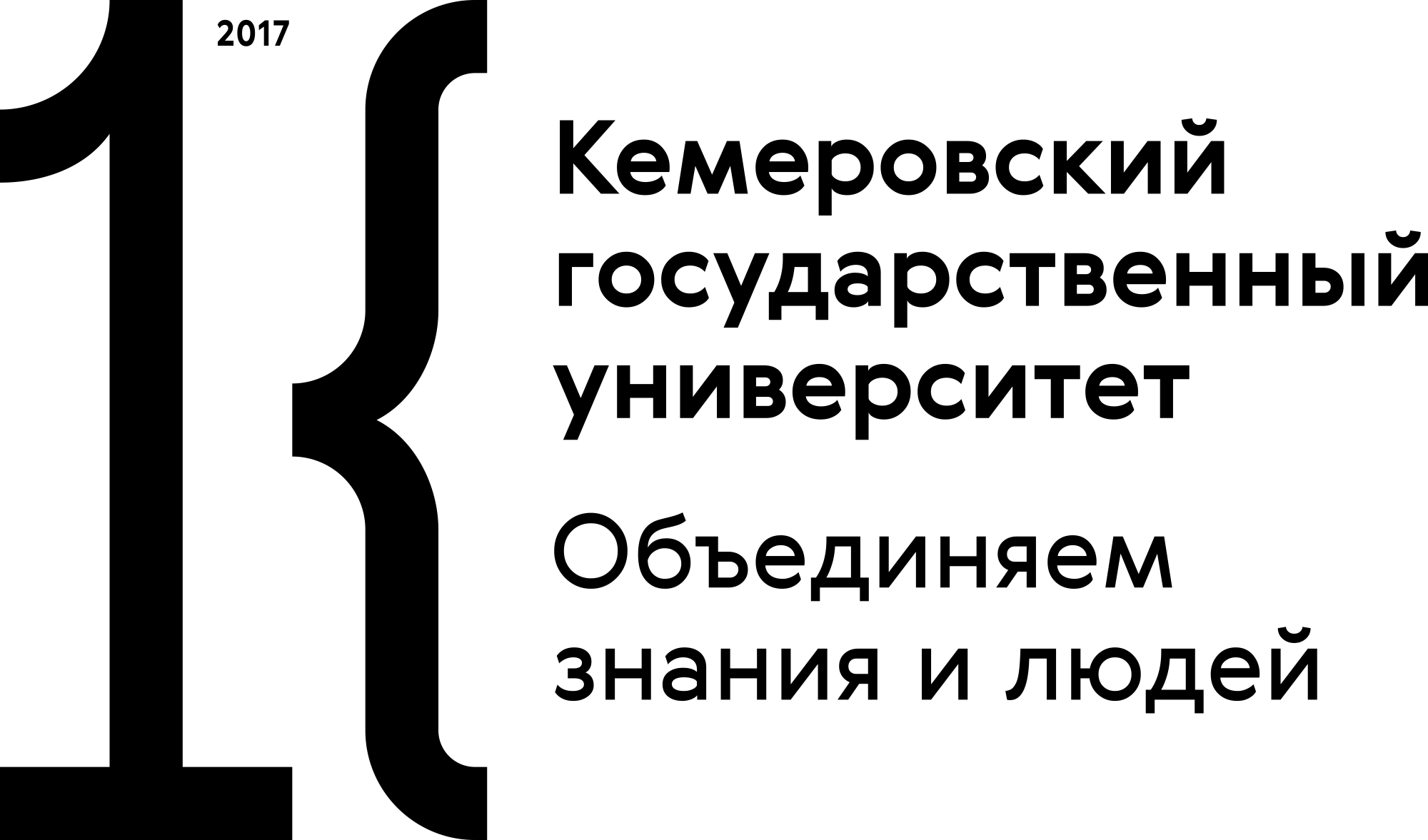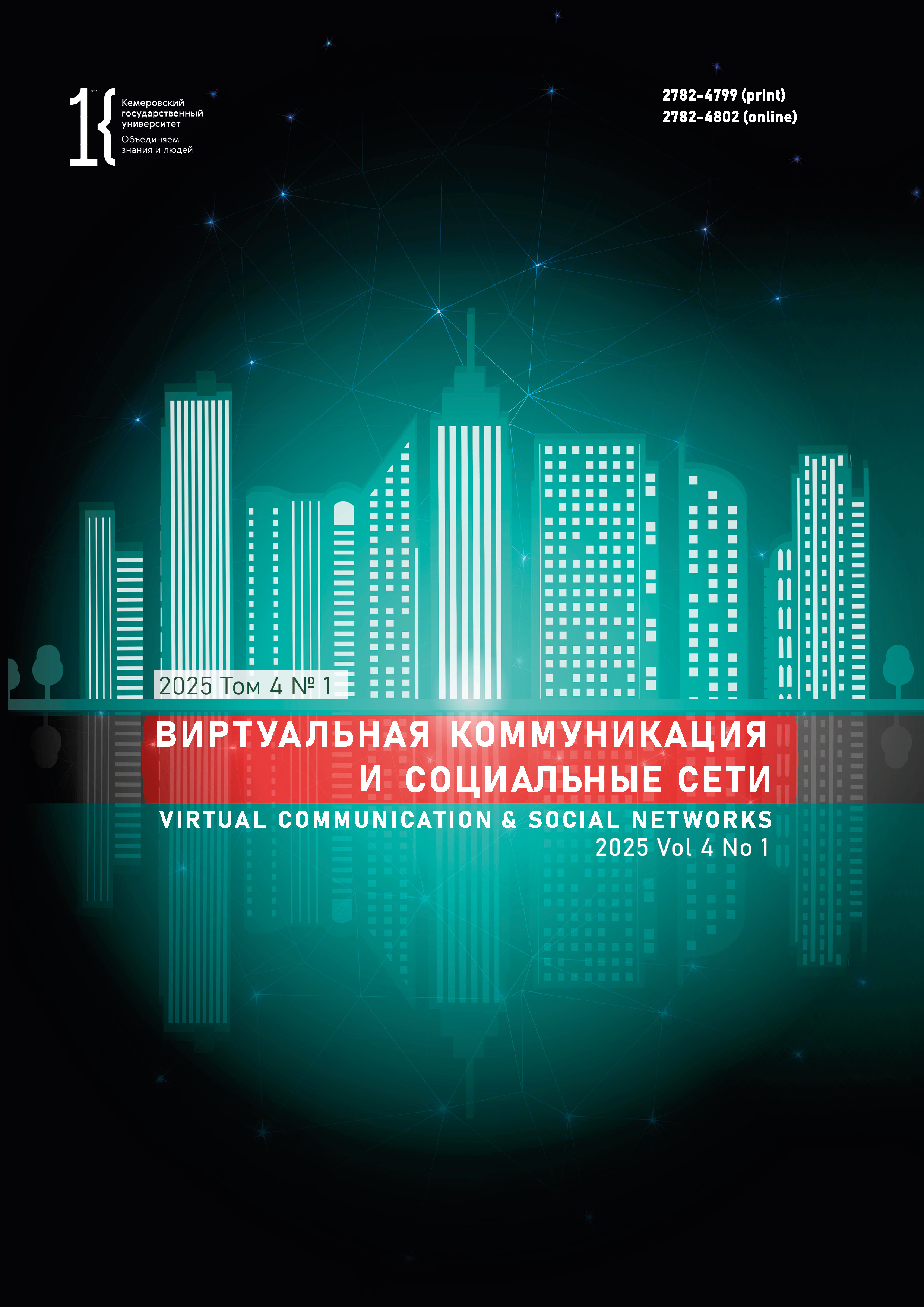Kemerovo, Russian Federation
employee from 01.01.2023 until now
Kemerovo, Russian Federation
Online communities are not only platforms for self-expression but agents of socio-political mobilization. The authors studied the potential of online communities for their impact on the youth. In this context, mobilization means encouraging young citizens to participate in social and political initiatives. Opinion makers use online communities to accumulate various types of social, network, and digital capital to implement certain socio-political actions and achieve their goals. The research revealed the regions with the most numerous and effective online youth communities in the context of social and political mobilization, as well as assessed their potential. Online communities unite young people around common interests and goals, offering new forms of interaction and participation. As the youth adapt to social changes and new digital technologies, their influence on socio-political processes increases because they are effective as information providers and organizers.
agent, youth, online communities, social mobilization, political mobilization, region
1. Azarov A. A., Brodovskaya E. V., Shatilov A. B. Civic activism of Russian youth in the digital environment as a predictor of offline activity: Results of a population survey and multi-agent modeling. Monitoring of Public Opinion: Economic and Social Changes, 2021, (6): 296–318. (In Russ.)] https://doi.org/10.14515/monitoring.2021.6.2041
2. Bahmarova B. N. Social actor in M. Crozier’s conception of management. Theory and Practice of Social Development, 2012, (1): 85–88. (In Russ.)] https://elibrary.ru/oykxun
3. Burmakina A. L. Mobility of youth organization leaders in the region: Channels and network practices in the Kemerovo Region. Cand. Sociol. Sci. Diss. Abstr. Kazan, 2023a, 25. (In Russ.)] https://elibrary.ru/aqzdll
4. Burmakina A. L. Network capital of youth organization leaders. Virtual Communication and Social Networks, 2023b, 2(3): 154–159. (In Russ.)] https://doi.org/10.21603/2782-4799-2023-2-3-154-159
5. Gradoselskaya G. V., Pilgun M. A. Communicative processes in the network environment: The interdisciplinary analysis of politically active communities on Facebook. Voprosy psikholingvistiki, 2015, (26): 44–57. (In Russ.)] https://elibrary.ru/vghiwz
6. Gubanov A. V., Zotov V. V. Reflection of current socially significant problems of the region in the information agenda of social media. Social communication in modern Russian society: Proc. All-Russian Sci.-Prac. Conf., Moscow, 20 Oct 2023. Moscow: Russian Society of Sociologists, 2023, 105–109. (In Russ.)] https://elibrary.ru/ngxpuc
7. Zimova N. S., Fomin E. V. Social risks of Internet activity of virtual communities. Digital sociology, 2023, 6(3): 45–53. (In Russ.)] https://doi.org/10.26425/2658-347X-2023-6-3-45-53
8. Kozhomuratova B. Zh. Youth as the main actor of political and social transformation in society. Nauka i innovatsionnye tekhnologii, 2020, (2): 126–132. (In Russ.)] https://elibrary.ru/ilyfjs
9. Kotova K. A. Participation of youth in youth political organizations as an instrument of civil society development: Evolutional aspect. PolitBook, 2012, (2): 21–33. (In Russ.)] https://elibrary.ru/pwklcj
10. Kranzeeva E. A., Golovatsky E. V., Orlova A. V. Social and political interaction of local communities in the region in the context of reactive relations: Cases of urban space improvement. Tomsk State University Journal, 2021, (464): 81–90. (In Russ.)] https://doi.org./10.17223/15617793/464/10
11. Kretov A. Yu. Mechanisms of state youth policy in the Russian Federation: Problems of implementation. Bulletin of the Volga Region Institute of Administration, 2019, 19(6): 101–112. (In Russ.)] https://doi.org/10.22394/1682-2358-2019-6-101-112
12. Latour B. Reassembling the social: An introduction to actor-network-theory. Moscow: HSE, 2014, 384. (In Russ.)] https://elibrary.ru/syzvmj
13. Malik E. N. Formation of social and political potential of young people in conditions of Internet socialization. Administrative consulting, 2022, (8): 94–107. (In Russ.)] https://doi.org/10.22394/1726-1139-2022-8-94-107
14. Nevesenko E. D. Role of online communities in youth social initiative development. Theory and Practice of Social Development, 2012, (12): 106–109. (In Russ.)] https://elibrary.ru/pkeydn
15. Nyatina N. V., Golovatsky E. V. The problem of social modeling of the activity of youth online communities in the context of social and political mobilization. Kazan Social and Humanitarian Bulletin, 2024, (3): 24–29. (In Russ.)] https://doi.org/10.26907/2079-5912.2024.3.24-29
16. Palagicheva A. V., Isaeva E. A. Mobilization of citizens as a factor in the development of the socio-political environment. Rossiiskii politicheskii protsess v regionalnom izmerenii: Istoriia, teoriia, praktika, 2018, (11): 90–92. (In Russ)] https://elibrary.ru/yrpclr
17. Popova S. Yu. Youth organization as a subject of politics. Russian political science, 2020, (1): 36–42. (In Russ.)] https://elibrary.ru/tkrgqf
18. Sokolov A. V., Kurbanova A. A. Internet technologies in mass movements. Vlast, 2018, 26(9): 35–41. (In Russ.)] https://elibrary.ru/ywgtat
19. Touraine A. Le retour de l’acteur. Essai de sociologie. Moscow: Nauchnyi mir, 1998, 204. (In Russ.)]
20. Filippov I. M. The development of youth leadership in the modern world. Kommunikologiia: Elektronnyi nauchnyi zhurnal, 2020, 5(2): 40–53. (In Russ.)] https://elibrary.ru/ezfipp
21. Tsvetkova I. V. Cybersocialization of youth in online communities: Advantages and social risks. Global and regional impacts in the system of modern societies, ed. Grabelnykh T. I. Irkutsk: ISU, 2021, 42–47. (In Russ.)] https://elibrary.ru/spupkl
22. Latour B., Woolgar S. Laboratory life: The construction of scientific facts. Princeton: Princeton University Press, 2013, 296. https://doi.org/10.2307/j.ctt32bbxc















